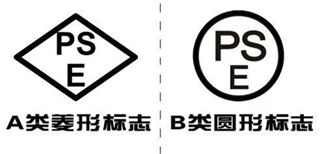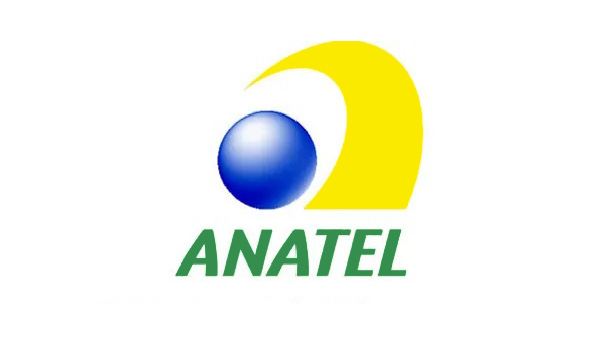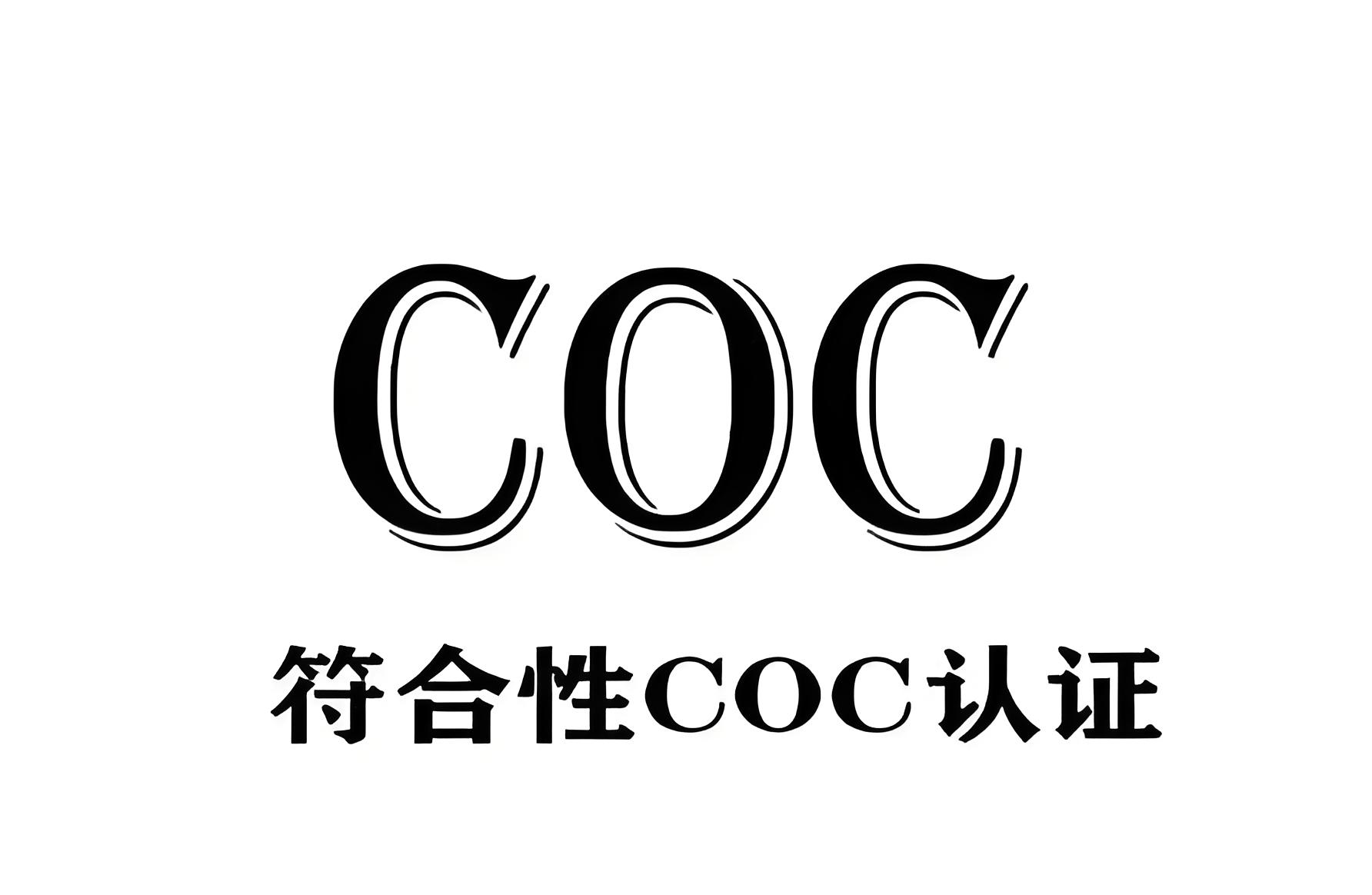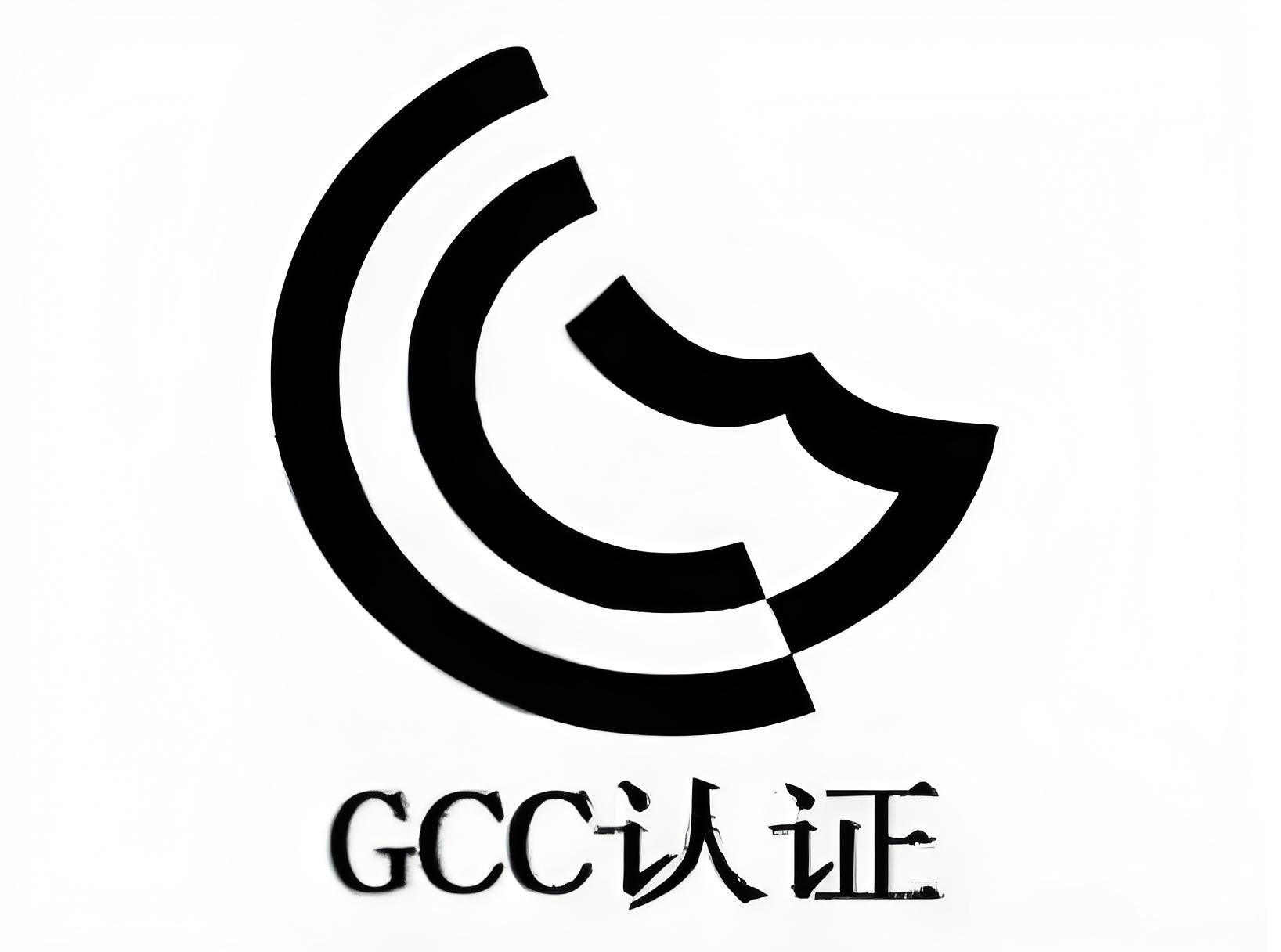
Certification Introduction
PSE certification is a compulsory safety certification in Japan to prove that electrical and electronic products have passed the safety standards tests of the DENAN Law or international IEC standards. Japan's DENTORL Law (Electrical Device and Material Control Law) stipulates that 506 products must pass the safety certification to enter the Japanese market. Among them, 165 kinds of Class A products should obtain diamond-shaped PSE marks, and 341 kinds of Class B products should obtain round PSE marks.

From April 1, 2001, the "Electrical Product Control Law (DENTORL)" has been officially renamed "Electrical Product Safety Law (DENAN)". Unlike the control of the conventional regulations, the new system will be guaranteed by unofficial agencies to ensure product safety.
PSE certification basic information
Whether mandatory: mandatory
Certificate validity period: 3-7 years for diamonds, based on product. For round, no validity period, no certificate, only VOC can be issued
Factory inspection requirements: For diamonds, only the first factory inspection is required, and there is no annual audit. For round, no factory inspection requirements
Licensee requirements: for diamonds, factories / importers. For round, no requirement
Technical information: voltage frequency AC 100V, 50Hz / 60Hz, plug JIS 8303
Certification classification
According to Japan's "Electrical Product Safety Law" PSE certification is divided into two categories.
PSE diamond certification: Among them, there are 165 kinds of products that are prone to electric shock, fire and other accidents, and are more dangerous. They are classified as "specific electrical products-known as Class A electrical products", such as chargers and adapters;
PSE round certification: The remaining 341 products with lesser hazards are classified as "non-specific electrical products-known as Class B electrical products", and most of the large and small household electrical appliances, lighting products, lithium batteries, etc.
Applicable product range
Diamond PSE
Wires, wiring appliances, current limiters, transformers, ballasts, heating appliances, electromechanical appliances, AC electrical machinery, portable generators, other AC machinery, wire tubes, small AC motors, light sources and light sources Applied mechanical appliances, batteries, etc., which belong to the product range specified by the specific electrical appliance safety law, such as: DC power supply devices, switches and sockets, electric water heaters, power cords and plugs, other household appliance transformers (AC-AC power products), etc. 165 products.
Round PSE
Products that fall outside the specific electrical appliance safety law, such as: electric blankets, electric steamers, electric hair irons, electric ovens, microwave ovens, hair humidifiers, refrigerators, electric stirrers, electric egg cookers, electric insulation basins , Hair dryer, electric humidifier, projector, washing machine, incandescent light bulb, fluorescent lamp, table lamp, decorative lamp, advertising lamp, lithium battery and all 341 products such as LED bulbs and LED lamps.
application process
1. The customer prepares samples and materials to submit to the testing agency
2. The laboratory of the testing agency conducts the test. If it is PSE round, a letter of declaration will be issued by ZRLK
3. For PSE diamonds, factory inspection is also required
4. After the test and factory inspection are passed, the certificate issuing agency issues a PSE diamond certificate
Application materials
1. Application submission materials: related application forms
2. Test preparation information
1. CB report (including Japanese difference test)
2. Circuit diagram
3. PCB design drawings related to safety regulations
4. Specifications of transformer and coil parts
5. List of key components and their certificates
6. Japanese manual or assembly manual
7. Japanese nameplate and warning signs (including PSE logo and notified supplier name)
8. Structure data table
9. Checklist and calibration certificate for factory production (for factory inspection)
3. Provide samples for testing: It varies according to the applied standard and certification body. Usually, 5pcs are provided when there is CB, and 10pcs samples are provided when there is no CB.
other
Certification cycle
Depending on the application standard and certification body, it usually takes 4-6 weeks with CB and 6-10 weeks without CB. (Complete information, no need for rectification of samples)
Certificate validity
Diamond PSE certificate: 3 years, 5 years, 7 years (depending on the product)
Round PSE certificate: usually self-declared by the factory or a test report issued by a third-party laboratory / certification body


ANATEL certification is a mandatory certification for telecommunications equipment or related equipment by the Brazilian National Telecommunications Administration (Agência Nacional de Telecomunicações), including wireless communication equipment, wired communication equipment and related auxiliary equipment; this certification ensures that telecommunications equipment sold in the Brazilian market meets Brazil\'s technical standards and regulatory requirements, and guarantees the product\'s quality requirements such as radio frequency, electrical safety, electromagnetic compatibility, and electromagnetic exposure. If the product entering Brazil does not complete ANATEL certification, it may face fines, seizures, and other penalties.

COC certification in Algeria is a mandatory certification for products exported to Algeria, ensuring that the products comply with the country\'s safety, quality, and technical standards. The certification process includes document review, product testing, and factory inspection. Products that pass certification can be legally sold in the local market, protecting consumer interests and promoting fair trade.

GCC certification is the abbreviation for Gulf Cooperation Council certification, which is a mandatory certification requirement for products entering the market in Saudi Arabia and other countries in the Gulf region.
PSE certification is a compulsory safety certification in Japan to prove that electrical and electronic products have passed the safety standards tests of the DENAN Law or international IEC standards. Japan\'s DENTORL Law (Electrical Device and Material Control Law) stipulates that 506 products must pass the safety certification to enter the Japanese market. Among them, 165 kinds of Class A products should obtain diamond-shaped PSE marks, and 341 kinds of Class B products should obtain round PSE marks.
Get a quote